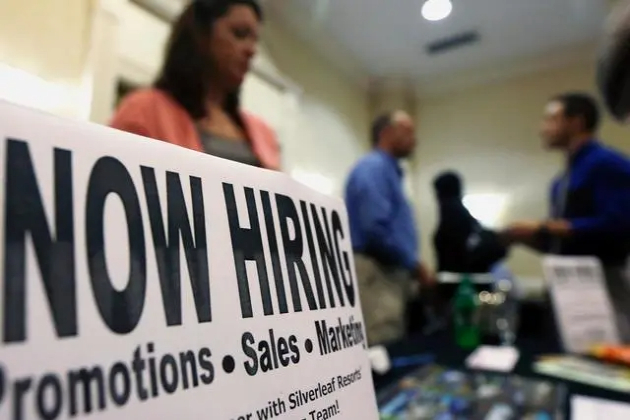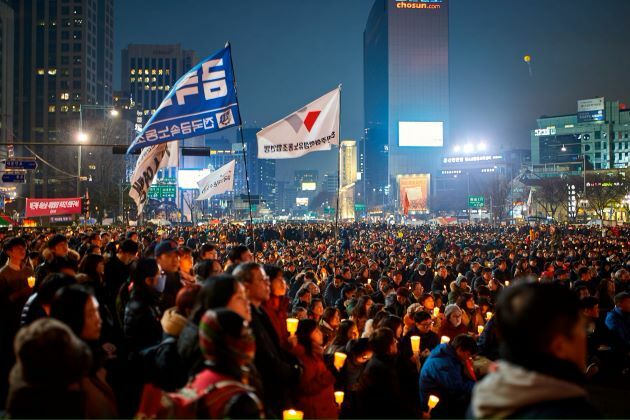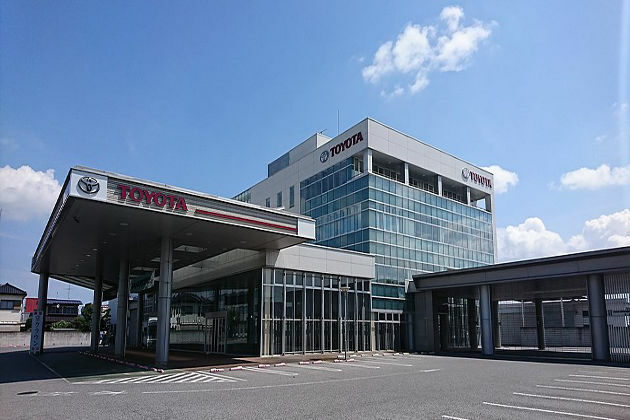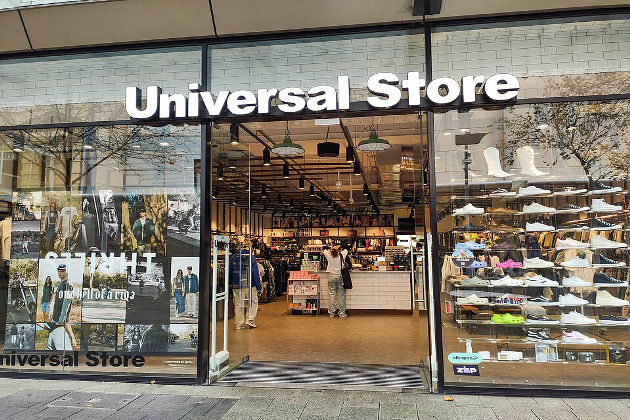Efforts to protect the poor during COVID: how five African countries fared
The Conversation
25 Nov 2021, 20:10 GMT+10
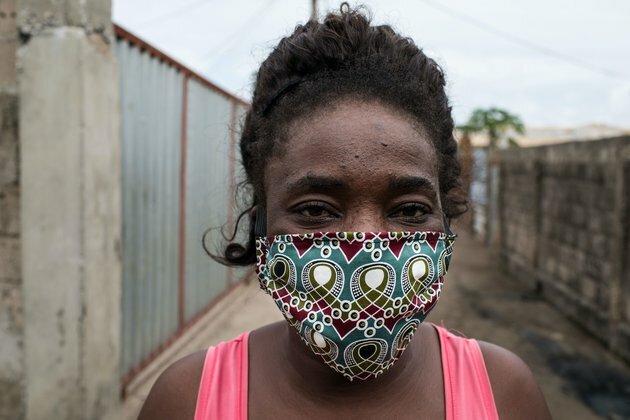
The number of people living in poverty around the world is estimated to have increased by half a billion people due to the COVID-19 crisis. The African continent has suffered at least US$100 billion in economic costs in 2020, measured by the reduction in trade revenues and financial flows due to the pandemic.
Many studies have been undertaken to evaluate the effects of the pandemic in Africa. But there's little evidence of what difference tax-and-benefit systems made to poverty before or during the crisis. Two areas of government policy form the tax and benefit system. First, governments support people through various social benefits such as cash transfers. At the same time they tax households.
Our new study closes the gap in assessing the impact of COVID-19.
We estimated the impact of the crisis on earnings and showed how earnings losses, together with tax-benefit policies, affected households' disposable income, and thereby poverty and inequality in each country.
We also looked at the effect of measures taken by governments in response to the crisis, such as emergency income support and tax waivers. The impact of pausing existing social protection schemes as a consequence of lockdowns and social distancing policies also came into our analysis.
Our assessment covered five sub-Saharan African countries: Ghana, Mozambique, Tanzania, Uganda, and Zambia.
Our findings suggest that existing tax-and-benefit systems had a negligible effect in cushioning against income losses in 2020. But these varied. In Mozambique, policies did protect poor households from large income losses. But they only marginally cushioned the population-wide rise in poverty and inequality using the internationally comparable absolute poverty line of US $1.9 per day.
On the other hand, the case of Ghana illustrates how lockdown measures can hurt the delivery of ongoing social protection measures. The country's pause of the large national school feeding program dwarfed the positive impact of other policy measures.
The systems largely failed on two fronts. They didn't automatically pay (more) social benefits to households that saw large income shocks. And they didn't reduce tax payments levied on those households that saw a more limited income shock.
Similarities and differences
Developed countries have what are so-called "automatic stabilisers". These are operated through large scale unemployment insurance systems and social benefit systems tied to income levels. As people's incomes fall or go to zero during economic crises these systems automatically trigger a benefit payment thus mitigating more or less immediately a substantial portion of the income loss suffered by households.
In the African countries the analysed automatic stabilisers operated mainly through marginally reduced tax and social insurance contributions. This provided relief only for a limited number of households because it affected higher-income households working in the formal sector. They paid less taxes and social insurance contributions due to reduced earnings.
In the models that we built we separated out the direct effects of the pandemic from the effects of new policies and the general tax-and-benefit system. But we qualified the direct effects of the pandemic (including lockdown measures but also other factors) by looking at changes in economic activity across industries.
The five countries make for an interesting comparison.
They all have a large informal sector and low social protection coverage. They also registered the first cases of COVID-19 around March 2020. But, the intensity and effects of lockdown measures they used varied considerably, as did the effects of trade shocks, investment changes and consumer behaviour.
One contribution of our study is to assess how these "direct" effects on the economy, taken together, varied across countries.
The countries also differ in the scope and nature of tax-benefit measures taken in response to the crisis. The discretionary actions adopted in 2020 and their impacts varied substantially across the five countries.
Mozambique: the policies did protect poor households from large income losses. But when looking at the whole population, the policies only marginally cushioned the rise in poverty and inequality.
Ghana shows how lockdown measures can hurt the delivery of ongoing social protection measures. Pausing the large national school feeding programme dwarfed the positive impact of other policy measures.
Uganda and Tanzania: no significant policies were adopted last year.
Making the most out of the available
Our study was constrained by the lack of detailed data on households. This included information on how employment and earnings changed during the crisis. The crisis also disrupted standard data collection activities. For example, full-scale household surveys covering the time of the pandemic have not yet been collected for most countries. And the few that have been collected are just becoming available.
Our research addresses this challenge by estimating how economic activity in different sectors developed in 2020 compared to pre-pandemic trends, and translating these shocks to household-level incomes.
We found that agriculture, one of the most important sectors in all countries analysed, did not experience a reduction in 2020 compared to its historical trend. Service sectors were hit hard in each of the five countries.
To check the robustness of our approach, we used individual-level data World Bank's phone surveys in Uganda. This is one of the few countries where more detailed data is available to compare against.
Another major challenge we encountered was the lack of organised official sources of detailed information about the discretionary policies implemented in response to the crisis.
Policy implications
Our findings show that governments in sub-Saharan Africa, in particular, face a daunting challenge in protecting the livelihoods of their citizens from a protracted crisis.
They face similar challenges regarding future shocks given the limited scale and coverage of existing tax and social protection policies.
To properly understand and manage the effects of COVID-19 and of future crises, improved data collection practices and capacities should be a priority for African governments.
But for now, with the worsening COVID-19 crisis in 2021, slow vaccination campaigns, and generally low levels of social protection, the introduction of additional benefits in 2021 will be fundamental to protecting poor households in sub-Saharan Africa.
In the long run, supporting the growth of the formal sector will be essential to increasing tax revenues to better protect society's most vulnerable. It will also help to harness the potential of tax-benefit systems to stabilise household incomes, and ultimately improve governments' ability to respond to future crises.
Authors: Jesse Lastunen - Research Associate, United Nations University | Pia Rattenhuber - Research Fellow, United Nations University | Rodrigo Carvalho Oliveira - Research Associate, United Nations University 
 Share
Share
 Tweet
Tweet
 Share
Share
 Flip
Flip
 Email
Email
Watch latest videos
Subscribe and Follow
Get a daily dose of China National News news through our daily email, its complimentary and keeps you fully up to date with world and business news as well.
News RELEASES
Publish news of your business, community or sports group, personnel appointments, major event and more by submitting a news release to China National News.
More InformationBusiness
SectionDollar General raises full-year profit and sales forecast
GOODLETTSVILLE, Tennessee: Dollar General reported record sales of US$10.44 billion for the latest quarter and raised its full-year...
Electric aircraft lands at JFK as Beta hits major milestone
SOUTH BURLINGTON, Vermont: Beta Technologies has become the first U.S. company to land an all-electric aircraft at an airport in the...
Summer travel slows as Americans hunt for last-minute bargains
WASHINGTON, D.C. Forget bucket lists; this summer, it's all about budget lists. Amid economic uncertainty and a weaker dollar, Americans...
Meta joins tech shift to nuclear power for AI and data centers
MENLO PARK, California: As artificial intelligence demands explode, Big Tech is turning to an old source for new power: nuclear energy....
Strong economic data drives U.S. stocks higher
NEW YORK, New York - U.S. stocks rose appreciably Friday following the release of a strong jobs report which sent the U.S. dollar higher,...
US Job openings rise, but layoffs and tariff fears cloud outlook
WASHINGTON, D.C. America's job market is starting to lose momentum. In April, job openings rose — but so did layoffs, marking their...
Asia Pacific
SectionChina offers secret bounty for suspected Taiwan-linked hackers
BEIJING, China: The public security bureau in Guangzhou, a city in China, has announced a secret reward for more than 20 people it...
Lee Jae-myung becomes president after South Korea’s political crisis
SEOUL, South Korea: South Korea's new president, liberal Lee Jae-myung, took office on June 4 after a dramatic and chaotic few months....
Policy debates in South Korean election drowned by personal attacks
SEOUL, South Korea: South Korea's upcoming presidential election has turned into a messy battle full of personal insults and scandals...
Akio Toyoda’s real estate firm to buy Toyota industries
TOKYO, Japan: Toyota has announced that it will take one of its key group suppliers, Toyota Industries, private in a deal worth UD$26...
Wage boost in Australia as inflation falls and economy stabilizes
SYDNEY, Australia: Australia's independent wage-setting body, the Fair Work Commission (FWC), has announced a 3.5 percent increase...
Hegseth reassures Indo-Pacific Allies: 'You won’t face China alone'
SINGAPORE: On May 31, U.S. Defense Secretary Pete Hegseth told America's Indo-Pacific allies that they would not be left alone to deal...






